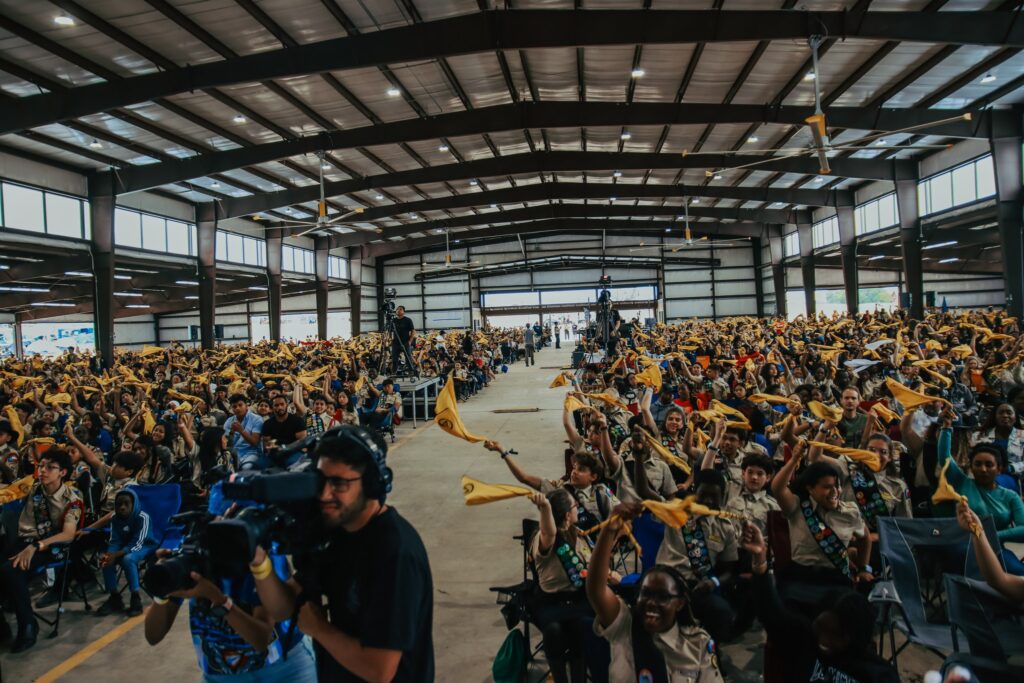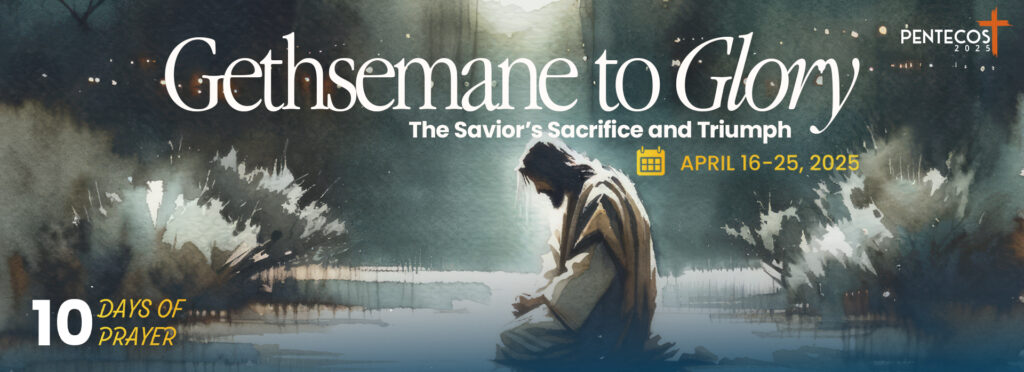When God created the world, it was one. It wasn’t fractured or broken. It was beautiful. Every time there is a conflict, it begins with a disruption. And usually, at the core of that disruption or conflict is sin. The Hebrew word for sin is “chata’ah.” We often think of “chata’ah” as an archery term, to miss the mark, but the word means “to lack.” When someone chooses to sin, what they are doing is diminishing themselves.
When I sin against someone, I make that other person less than God intended and created them to be. I push them down, creating a distance and a divide. And when made to feel “less than,” what many do is fight—wanting to pull themselves up while pushing someone else down. It happens all around us.
In Matthew 18, Jesus paints another way. It’s not about reacting. It’s not about fists. It’s not about avoiding. It’s about having your hands wide open. It’s about believing in what a relationship could be. It’s about responding to conflict. Verse 15 says, “If your brother or sister sins against you [chata’ah] go and point out their fault, just between the two of you. If they listen to you, you have won them over.”
The Scriptures are clear. Go directly to that person and show them what they’ve done.
Let’s be honest. What usually happens? Doesn’t the offended go to one friend (or more) and share. “Can you believe what _____ did?” When they do that, instead of talking with the initial person, they are essentially doing the same thing that was caused to them. They are lessening the perspective that these friends have of that person.
If someone made you feel less than what God intended you to be, will you declare right now: I will not be the kind of person who goes off and whispers, posts and talks about them behind their back, but I will go to the person.
Fighters tend to care about the issue and making sure they win. It’s a competition to them and they demonstrate that they don’t care about the relationship. Avoiders also don’t care about the relationship. They don’t want to put themselves out there. They want to protect themselves.
The Matthew 18 way is believing that conflict isn’t always bad. It has faith that God can do something in the midst of it and reconcile, reunite, restore and renew. It enables you to value the relationship over yourself or the issue truly.
“Mercy and truth have met together; Righteousness and peace have kissed,” Psalm 85:10 (NKJV) shares. The psalmist is not just talking about core values, it’s almost like each of those four words is people. And if you want true reconciliation, you must bring all four words to the party to bridge the gap, chasm and divide between two people.
We’ve got to learn how to communicate all four—truth, mercy, justice and peace—or we risk having even more conflict.
Let’s pray that we have the right tone. That we engage in a way that causes no distance, divide or gap. That there be oneness and wholeness that would model what God created this world to be in harmony and tune.
By Elton DeMoraes, D.Min., president of the Texas Conference of Seventh-day Adventists.
A version of the editorial appeared in the May/June 2023 issue of the Southwestern Union Record.







